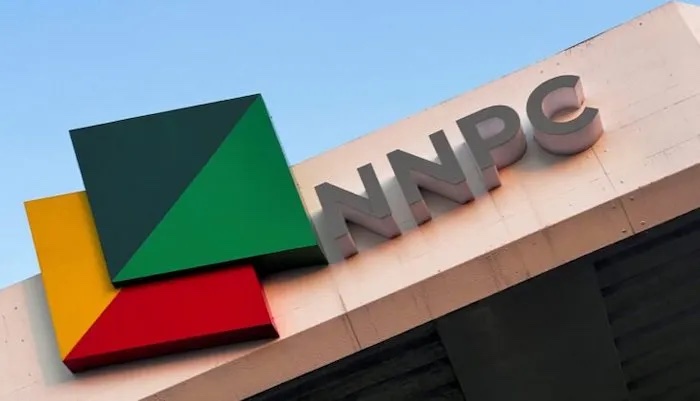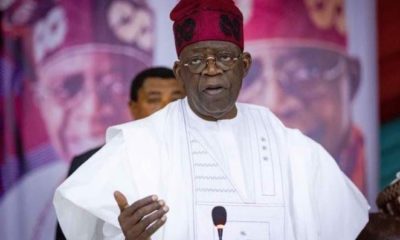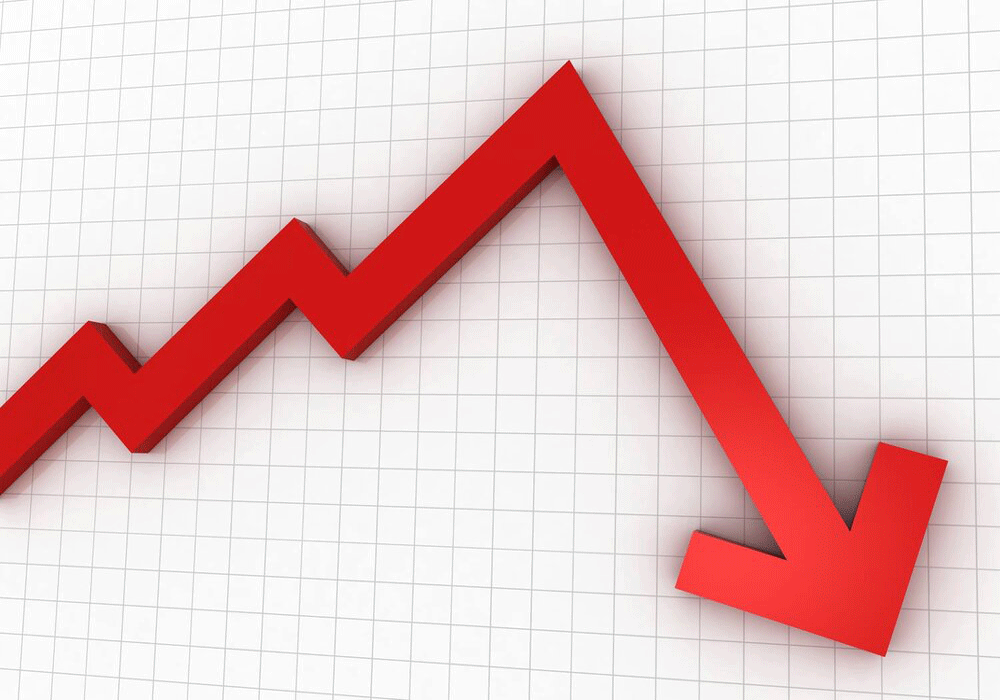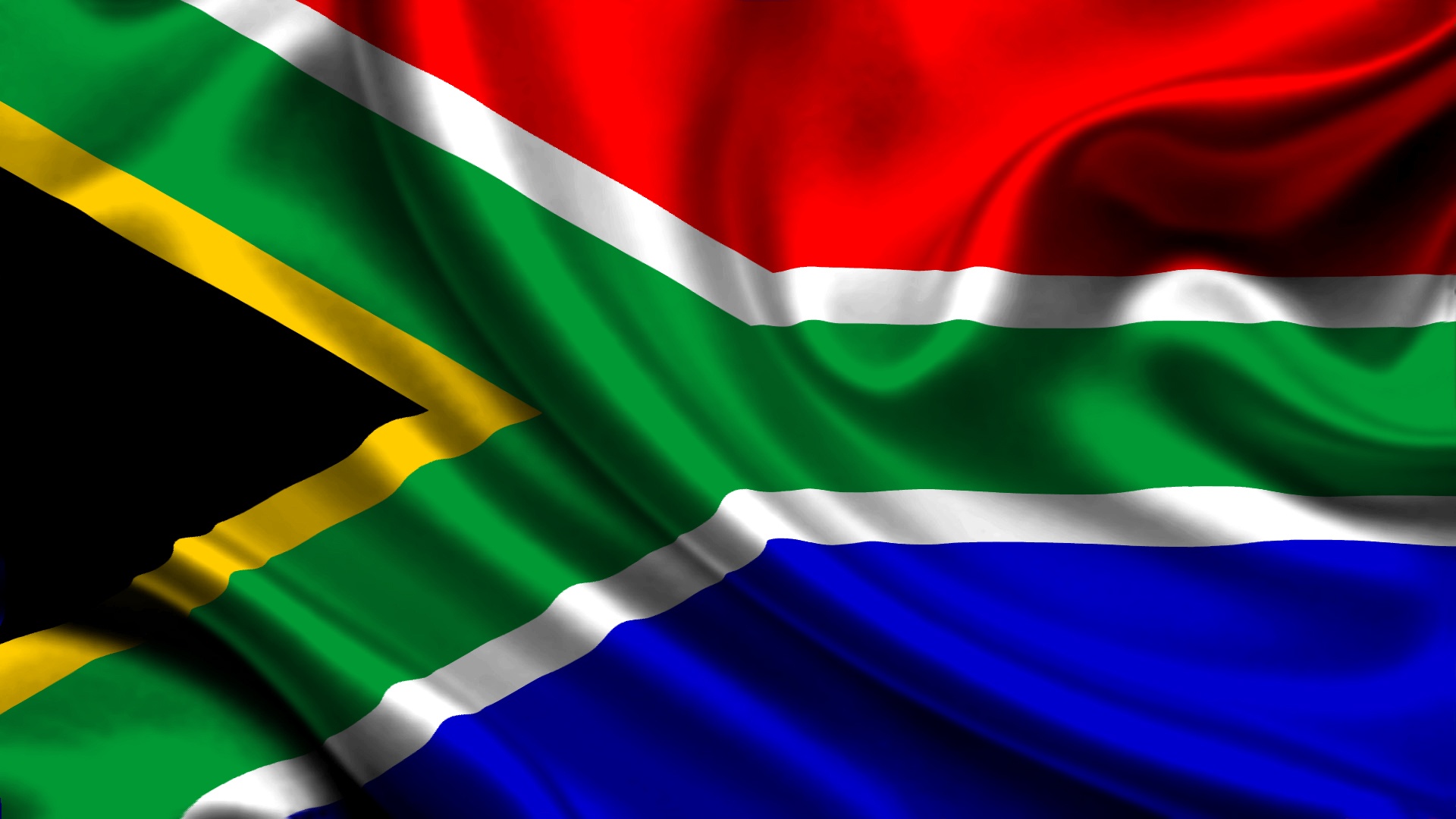Business
Nigeria’s Booming Forex Trading Industry: A Risky But Lucrative Venture For Traders

Forex trading has been on the rise in Africa, with Nigeria being the second-largest retail online forex market on the continent.
However, the absence of specific regulations makes traders vulnerable to scams and fraudulent activities. South Africa leads the way with a lesser but still significant number of 190,000 daily forex traders.
Despite the lack of regulations, the Nigerian forex industry has garnered a lot of interest from online traders, investors, and international brokerage firms.
According to Temitope Ijibadejo, the Nigeria Regional Manager of CM Trading, a licensed international brokerage and contract for difference (CFD) provider, the Nigerian forex industry is a “very buoyant one.”
He said the number of active Nigerian forex traders exceeds 300,000 with net deposits in billions of Naira annually.
In a 2021 report, it was estimated that there were roughly 300,000 retail forex traders in Nigeria, and there has been a substantial rise (46%) in female traders over the past couple of years.
Forex trading involves converting one national currency into another, and the most common currency pairs include GBP/USD and EUR/USD.
In Nigeria, the most common currency to trade with is the USD, which accounts for around 90% of Nigeria’s forex activity. Nigeria is a producer of crude oil, which is sold in dollars.
When prices increased in the 1970s, Nigeria saw a nice economic boost. This increase led to a growing interest in Africa in trading in dollars.
Since 2020, forex trading has seen a roughly 300% growth, and the majority of traders’ accounts (60%) are from Africa, Southeast Asia, and Eastern Europe.
However, the Central Bank of Nigeria July 2021 announced that it will no longer sell forex to Bureau De Change operators, saying the parallel market has become a conduit for illicit forex flows and graft.
According to the announcement, weekly sales of foreign exchange by the CBN will go directly to commercial banks. Banks are mandated to immediately and transparently sell forex to customers who present the required documents, and customers not attended to by the banks are to report to the CBN through a toll-free number or email.
In August 2016, the CBN banned nine deposit money banks (DMBs) from the foreign exchange market, for hiding over $2 billion belonging to Nigerian National Petroleum Corporation (NNPC) from the Treasury Single Account (TSA).
President Muhammadu Buhari was briefed on the breach by the banks, and all nine had been mandated to move the monies to the treasury single account.
The CBN also warned that banks that did not comply with the TSA remission plan would face possible fines and stringent punishment. This was made during the full implementation of the TSA in 2015.
As the naira continues spiraling downwards, the CBN is looking for a solution to stop the currency from hitting the bottom. However, despite its efforts, the regulator has been accused of not taking responsibility.
In response, the CBN has argued that the issue is not a result of its policies, but rather a reflection of external economic factors.
In September 2021, the Central Bank of Nigeria (CBN) accused AbokiFX, an exchange rates aggregator, of manipulating Nigeria’s foreign exchange market.
According to the CBN, AbokiFX was responsible for promoting the exchange of the naira for foreign currencies on the black market, which it claimed was fueling inflation and harming the economy.
In July 2022, the CBN issued a statement warning that it would arrest and prosecute anyone using naira to buy dollars, citing a law that prohibits the use of the Nigerian currency to transact business outside the country.
The CBN claimed that the use of naira for such transactions was undermining the stability of the country’s foreign exchange market and contributing to the depreciation of the currency.
“For those taking money from banks to buy dollars, it is illegal to do so. If the security agencies hold you, you will know the implication of that,” Godwin Emefiele said.
However all this measures did not stop the increase in the forex world as Nigeria forex trader find ways to remain in the forex world.
To get more insights, Biztellers interviewed a forex trader known as Yolofx who spoke about his ordeal in the forex world.
Yolofx is a trader with 10k followers on instagram, and 2k followers on Twitter. He also offers mentorship programs for aspiring traders which requires payment.
He said ” Forex trading is not for everyone as it requires taking risk, consistency and patience. Consistency to me means doing it all over again regardless of the losses incured. I started trading since 2017 till date making it 6 years In the forex world. It has not been easy as it drastically affected my academics. I had to spend extra one year in school because I was not focus rather I gave my all in learning the forex”
According to him, to enter into the forex world, one requires a broker who serves as a middleman between a trader and the commercial bank.
He said “there are various brokers in the forex world, since I started trading I have used 5 different brokers but presently am using exness broker and to me it has been the best so far”
When asked about the legitimacy of the forex trade, he stated that forex trade is very much legit as it requires a verification process before entering the market.
He said “to verify your account in forex trade, you need to have proof of identity which is either your international passport or National Identity Number and also proof of residence which requires your bank statement that is not less that 6 months”
He went further to say “to tell you how complex and risky the forex world is, you can make 500k in a week or two and lose the entire money in a day” He added.
According to him, forex trade has changed his financial status as he has not searched for a job since after graduating from Higher institution.
Uche Paragon, who began his trading career in 2007, has become Nigeria’s richest currency trader with an estimated net worth of over $16 to 20 million.
Business
World Bank Appoints Aliko Dangote To Elite Group

The President and Chief Executive of the Dangote Group, Alh Aliko Dangote, has been appointed to the World Bank’s Private Sector Investment Lab.
Biztellers reports that his see the business mogul joining a select group of global business leaders tasked with driving investment and job creation in emerging economies.
The development was revealed in a statement in which he confirmed his acceptance, where the African industrialist reaffirmed his commitment to fostering sustainable economic growth through private sector-led investment, noting the transformative potential of such initiatives in developing markets.
“I am both honoured and excited to accept my appointment to the World Bank’s Private Sector Investment Lab, dedicated to advancing investment and employment in emerging economies,” Dangote said.
ALSO READ: Ministry Appoints New Director For DUFUTH, Uburu
“This opportunity aligns with my long-standing commitment to sustainable development and unlocking the potential of developing economies. Drawing inspiration from the remarkable successes of the Asian Tigers, which have demonstrated the power of strategic investment and focused economic policy, I am eager to collaborate with fellow leaders to replicate such outcomes across other regions.”
The Dangote Group, founded by Aliko Dangote, is the largest conglomerate in West Africa and one of the largest on the African continent. With interests spanning cement, fertiliser, salt, sugar, and oil, the Group employs over 30,000 people and is the largest taxpayer in Nigeria—contributing more in taxes than all of Nigeria’s banks combined. It is also the country’s largest employer after the government.
The $20 billion Dangote Petroleum Refinery & Petrochemicals, the Group’s flagship project, stands as the largest single private investment in Africa.
In addition to his business interests, Dangote leads the Aliko Dangote Foundation (ADF), the largest private foundation in sub-Saharan Africa, with the largest endowment by a single African donor. The Foundation primarily focuses on child nutrition, while also supporting interventions in health, education, empowerment, and disaster relief.
The World Bank announced Dangote’s appointment on Wednesday as part of a broader expansion of its Private Sector Investment Lab, which now enters a new phase aimed at scaling up solutions to attract private capital and create jobs in the developing world.
Joining Dangote in the elite group are Bill Anderson, CEO of Bayer AG; Sunil Bharti Mittal, Chair of Bharti Enterprises; and Mark Hoplamazian, President and CEO of Hyatt Hotels Corporation.
The World Bank said the expanded membership brings together business leaders with proven track records in generating employment in developing economies—supporting the Bank’s sharpened focus on job creation as a central pillar of global development.
“With the expanded membership, we are mainstreaming this work across our operations and tying it directly to the jobs agenda that is driving our strategy,” said World Bank Group President Ajay Banga. “This isn’t about altruism—it’s about helping the private sector see a path to investments that will deliver returns, and lift people and economies alike. It’s central to our mandate.”
The global bank said that over the last 18 months, the Lab brought together leaders from global financial institutions to identify the most pressing barriers to private sector investment in developing countries and to test actionable solutions.
The statement said that the work had now been consolidated into five priority focus areas that were being integrated across the bank operations, including regulatory and policy certainty.
The Lab’s founding members included senior executives from AXA, BlackRock, HSBC, Macquarie, Mitsubishi UFJ Financial Group, Ninety-One, Ping An Group, Royal Philips, Standard Bank, Standard Chartered, Sustainable Energy for All, Tata Sons, Temasek, and Three Cairns Group. The Lab is chaired by Shriti Vadera, Chair of Prudential plc.
Business
Trade Tensions Hit Nokia As Q1 Ends In €68M Loss
Nokia has reported a net loss of €68 million for the first quarter of 2025, a sharp decline from the €438 million profit recorded during the same period last year.
The Finnish telecoms equipment maker attributed the downturn to global trade disruptions and recently imposed tariffs by the United States.
The company’s net sales dropped slightly to €4.4 billion, down by one percent year-on-year.
READ ALSO: Trade War: China Strikes Back Wth 125% Tariffs On U.S. Goods
Tariff-related challenges were highlighted by Nokia’s President and CEO, Justin Hotard, who acknowledged the broader economic pressures affecting the industry.
“We are not immune to the rapidly evolving global trade landscape,” Hotard stated. “However, based on early customer feedback, I believe our markets should prove to be relatively resilient.”
He also noted the potential short-term financial impact, saying, “Based on what we see today, we currently expect a EUR 20 to 30 million impact on our comparable operating profit in the second quarter from the current tariffs.”
Earlier this month, U.S. President Donald Trump introduced a 10 percent tariff on global imports, while pausing plans for steeper duties, including a proposed 20 percent levy on products from the European Union.
Despite the quarterly setback, Nokia expressed confidence in its growth prospects.
The company is looking to its Network Infrastructure, Cloud and Network Services, and Mobile Networks divisions to drive sales in the year ahead.
In a sign of continued momentum in the mobile segment, Nokia also announced on Thursday that it had extended its contract with T-Mobile US.
The company said it is continuing “to see positive signs of stabilization” in Mobile Networks.
Business
Marketers In Anguish, As Dangote, NNPC Ltd War Drag Price To N880/litre

The pull of market forces which moved the hands of the Nigerian National Petroleum Company Limited (NNPC Ltd) to reduce the price of Premium Motor Spirit (petrol) to N880 per litre in Lagos and N935 in Abuja appears to be a source of torture to independent markets.
Biztellers reports that the latest price review on Easter Monday saw NNPC retail outlets in Lagos drop from N925 to N880, while those in Abuja adjusted from N950 to N935.
The NNPC Ltd’s price reduction came barely a week after the Dangote Refinery lowered its ex-depot price from N865 to N835 per litre.
ALSO READ: BREAKING: Again, Dangote Cuts Petrol Price To N835 per Litre
In addition, the $20bn refinery also directed its partners like MRS, Heyden, and Ardova to sell a litre of petrol at the rate of N890 instead of N920 in Lagos, N900 in the South West, N910 in the South-South, and N920 in the North East.
Consumers can smile because with the reaction, the NNPC Ltd’s new price in Lagos is N10 lower than what the Dangote Refinery is selling at, which might lead to another reaction, as the price war between the two companies.
Though some NNPC Ltd’s retail outlets were observed selling at the old rate in Lagos, it was gathered that they were given the liberty to exhaust old stock before adjusting to the new prices.
Market sources are of the view that the current price war was ignited by the Federal Government’s implementation of the Naira-for-crude policy.

















